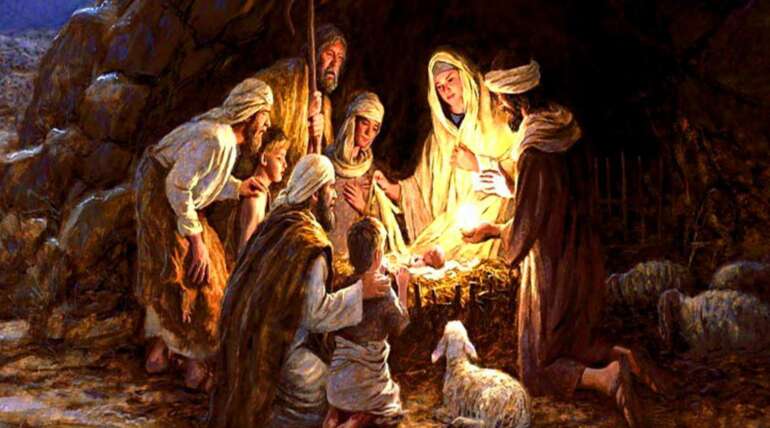30th SUNDAY A Matthew 22: 34-40
Loving God and Neighbour
Loving God is the principal teaching of Jesus in the gospels. It is the essence of eternal life. Bernard of Clairvaux’s On Loving God directs human love back to its proper place. He reminds us that God should be loved supremely for there is no other so deserving or rewarding of our love; he is its motivation and its reward. Bernard proposes four stages for the mind and heart to experience on the journey to transformation in God’s love.
First: We are born self-centred and self-absorbed, loving ourselves for our own sake. Our world is ourselves. We prioritize ourselves, not God or others. Yet from this starting point God begins to shift our focus, first from ourselves to others, and then to God. Experiencing God as provider and protector we begin to love him, but sort of selfishly.
Two: This second stage is marked by a self-serving love in which we love God only for what he gives us and does for us. Bernard compares self-love to a river which, when it rises too high, floods the surrounding areas. To prevent this destructive overflow, God gives the command “to love your neighbour as yourself.” This command functions as a dam against excessive self-indulgence, for it forces us to love others at the same level as we love ourselves. The command to love our neighbour ensures that all boats rise with the same tide, for as one’s ego rises so must one’s esteem and love for others. God uses our frailty and drive for self-preservation to awaken in us an awareness of God and the stirrings of a self-centred love for him.
Three: In this stage we come to love God because he is good and not just because he gives us good things. As God repeatedly and graciously proves himself to be a loving Father who remains faithful, even when we don’t, we find ourselves loving God for who he is rather than for what he does for us. We rise to the third stage when we adore God for who he is in himself. Avidity is replaced by gratitude, and we love God for his own sake rather than for ours. Eventually we are brought to love him truly and rightly, far more for the beauty and reality we find in him than for our own self-interest. Bernard, ON LOVING GOD, Ch. 9.
Four: The fourth and final stage in loving God is to find ourselves captured and seized by the beauty, warmth, and light of his love. We find ourselves loving him so supremely that we love ourselves only for his sake. Our self-regard and narcissism are transformed into an abandonment and selflessness, and a wholehearted devotion to God. Losing oneself for God’s sake is no sacrifice or hardship but is seen now as the only path to satisfaction and fulfilment. Happy are they who but once, for but one moment, have experienced something like this in mortal life. For this is no human happiness, it is life eternal to lose oneself as if one were empty of self, as if one did not exist – Op. cit. 10.
Fr. QQ – 10/25/2023




